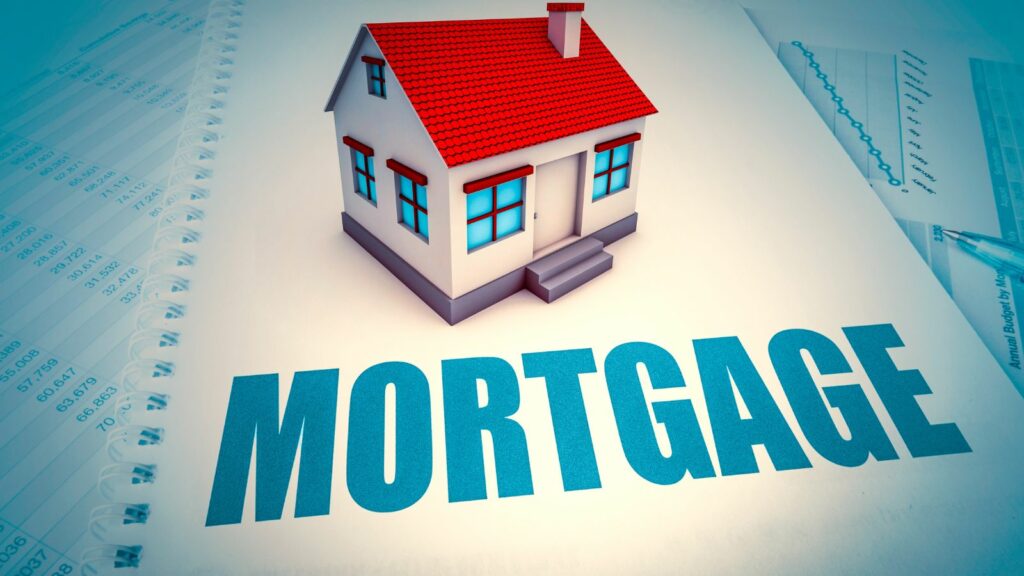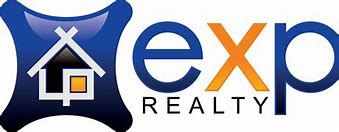If you’re ready to invest in your future and purchase a home, one of the key steps you’ll need to take is securing a loan. It’s understandable if this process feels daunting, especially if it’s your first time buying property. Here, you’ll find an overview of the basics of home mortgage loans as well as some tips to make the process easier.

What is a Home Mortgage Loan?
A home mortgage loan can be a great way to finance a dream home. Most buyers are not able to pay cash for the purchase and need to get a loan.
Generally, there is an initial down payment along with closing costs that must be paid. After that, the lender covers the remaining funds needed for the purchase.
Depending on the type of loan chosen, payments can be spread over a 15- or 30-year period; while 15-year loans tend to have higher monthly payments than their 30-year counterparts, they result in significant cost savings due to less overall interest being paid over time.
With the right loan package, you’ll enjoy your dream home without breaking the bank.
What are Closing Costs?
Closing costs in real estate are a part of every home purchase. They’re basically all the extra fees charged by lenders and other third parties associated with purchasing a home.
Generally, closing costs range between 3-6% of the sale price of the house. They must be paid in cash or can be financed depending on your individual situation – however, financing will increase your overall payments and make you pay more in interest charges.
Closing costs cover some key items, such as title search fees, escrow fees, legal expenses, lender processing fees, origination points, and appraisal charges. They may also include inspection fees, survey fees, and prepaid taxes.
If you are aware of closing costs ahead of time, you’ll be better prepared financially for your purchase.
Fixed Rates vs. Variable Rates
Purchasing a property is a huge financial decision that requires careful consideration of all available options, especially when it comes to interest rates.
Fixed rates, as the name implies, do not change over the lifespan of your loan, while variable rates fluctuate depending on external conditions.
While a fixed rate gives you assurance of stable payments throughout the life of your loan, variable rates can enable you to pay less interest if external market factors work in your favor. However, with variable rates, there is an element of risk as payments can increase in unexpected circumstances and cause financial strain.
To help decide which type of rate is best for you, it is important to consider how long a property may be held and how much predictability you need during ownership.
A real estate agent or lender can provide valuable advice and support tailored to individual requirements when considering these types of rates and other loan features.
Conventional Home Mortgages
A conventional home mortgage loan is essentially a type of real estate loan that is secured by a lien on the property being purchased.
To qualify for this type of loan, borrowers are typically required to have good credit and a certain amount of money as an initial down payment. Generally, lenders prefer that buyers have a credit score of at least 620 for approval.
Additionally, one’s debt-to-income ratio needs to take into consideration, which is the number of monthly debt payments compared to their income. An ideal ratio would be lower than 36%, where no more than 28% of the person’s gross income goes towards housing-related debt such as mortgage repayment and insurance premiums.
For those who don’t meet these ratios but still qualify for the loan, lenders may require higher down payments or extra costs throughout the process.
FHA Home Mortgage Loans
An FHA loan is a particular mortgage insured by the Federal Housing Administration. This kind of loan is a great option for those who don’t meet the requirements for traditional mortgages and are just getting started in their home-buying journey.
With an FHA, qualifying borrowers can often be approved with lower credit scores and even down payment amounts as low as 3.5%.
Generally, income, savings, and work history are also assessed for eligibility for an FHA loan.
VA Loans
VA Loans are a unique type of loan offered by the Department of Veterans Affairs. These loans are specifically designed to help current and former members of the military purchase homes with more favorable terms. This can make homeownership much more attainable for those in the military, regardless of budget.
A VA Loan entitles qualified veterans to lenient guidelines and allows them to minimize their down payment as well as avoid expensive private mortgage insurance.
To qualify for a VA loan, you have to meet certain requirements, including active military duty or honorable discharge, at least 90 consecutive days in wartime, or 181 cumulative days during peacetime.
Additionally, you must have good credit standing and evidence that proves your ability to afford a monthly mortgage payment. It’s important to note that VA loans also have many benefits compared to traditional mortgages, such as no prepayment penalties and lower interest rates.
What Are Points?
Purchasing points when securing a mortgage loan is an incredibly important decision that can significantly affect the overall lifespan of your loan. Essentially, when you purchase points, you are prepaying part of your interest costs upfront in exchange for a lower interest rate throughout the life of the loan. This means that while the decision may cost more upfront, it can result in considerable savings over the long run.
Conclusion
When determining the right type of home mortgage loan, it is important to weigh all options and consider your financial situation. Whether you choose a conventional loan, an FHA loan, or a VA Loan, understanding the different types of mortgages available can help make the process easier and ensure that you are making the best decision for you and your family.
Additionally, understanding the basics of points can help you make an informed decision when deciding whether to purchase them.
Ultimately, taking the time to do your research and ask questions will help ensure that you get the loan that best fits your needs.

